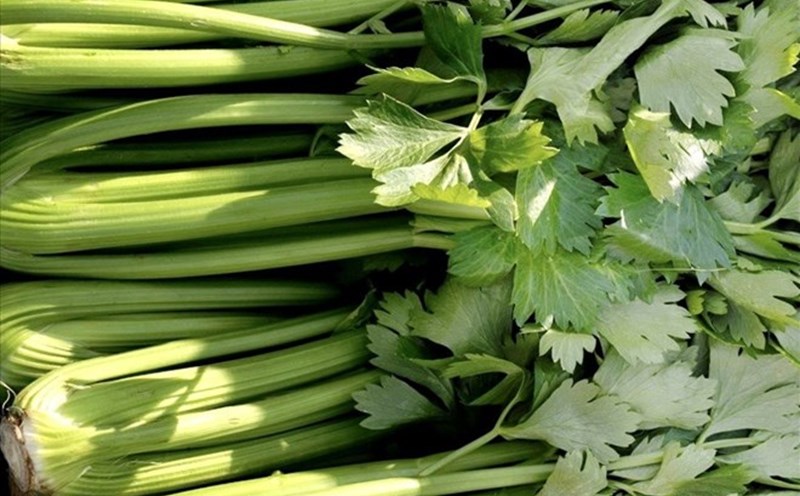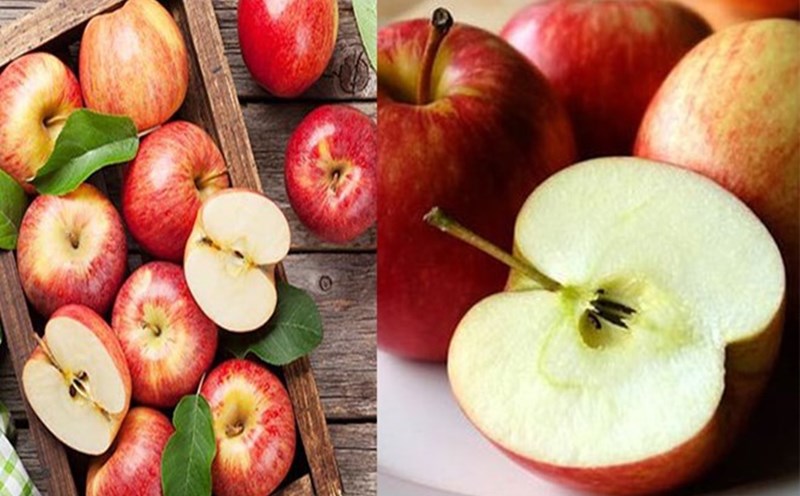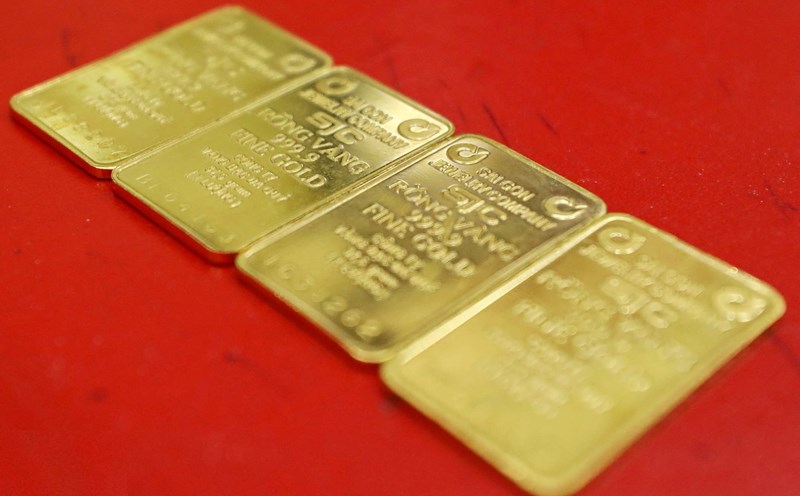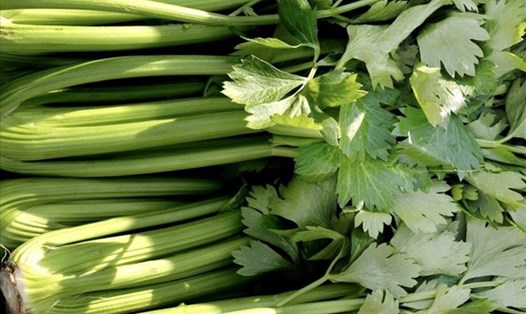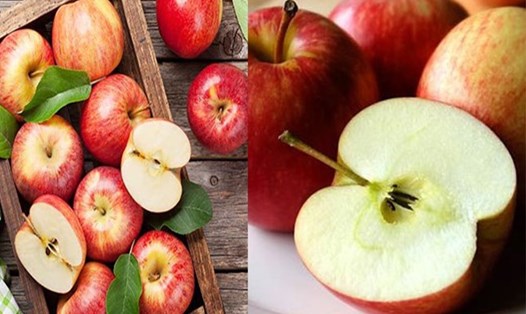Breadfruit leaves contain many bioactive compounds, including flavonoids, phenols, and tannins, which have antioxidant, anti-inflammatory, and vascular protective effects.
Flavonoids in breadfruit leaves help improve vascular endothelial function, reduce inflammation, and stabilize blood sugar by enhancing insulin activity.
Additionally, tannins help reduce pressure on blood vessel walls, helping to control blood pressure. Consuming plant extracts rich in tannins may help improve insulin sensitivity and reduce the risk of type 2 diabetes.
How to cook breadfruit leaves to maximize benefits:
To get the best effect of breadfruit leaves on blood sugar and high blood pressure, the cooking method and dosage are very important. Some popular and effective cooking methods recommended by health experts are as follows:
Boil breadfruit leaves water to drink every day
Ingredients: 5-7 old breadfruit leaves (no worms), 2 liters of water.
How to cook:
Wash the breadfruit leaves and drain.
Chop or leave the leaves whole, boil with water for about 15–20 minutes.
When the water turns light yellow or slightly brown, turn off the heat, let cool and drink during the day.
Breadfruit leaf juice can be used as a substitute for water, helping to reduce blood sugar and maintain stable blood pressure. A study by the National Institutes of Health (2020) showed that the use of breadfruit leaf decoction significantly reduced blood sugar after 4 weeks of use in type 2 diabetic patients.
Combined with other ingredients
Breadfruit leaves can be boiled with young guava leaves and corn silk to enhance the diuretic, hypotensive, and hypoglycemic effects. This drink is also recommended by traditional medicine experts in Indonesia, a country that has done a lot of research on breadfruit leaves.
Notes when using breadfruit leaves:
Although breadfruit leaves have many benefits, it is important to note:
Don't drink too much: The recommended dosage is 1–2 cups of breadfruit leaf water per day to avoid damaging the liver or kidneys.
Consult your doctor: If you are taking medication for diabetes or high blood pressure, using breadfruit leaf water requires the consent of a medical professional to avoid drug interactions.
A study from the Asian Pacific Journal of Tropical Biomedicine (2014) showed that the antioxidant compounds in breadfruit leaves have a protective effect on internal organs, especially the liver and kidneys, against damage caused by high blood sugar and high blood pressure. This confirms the potential of breadfruit leaves not only in traditional medicine but also in modern medicine.


